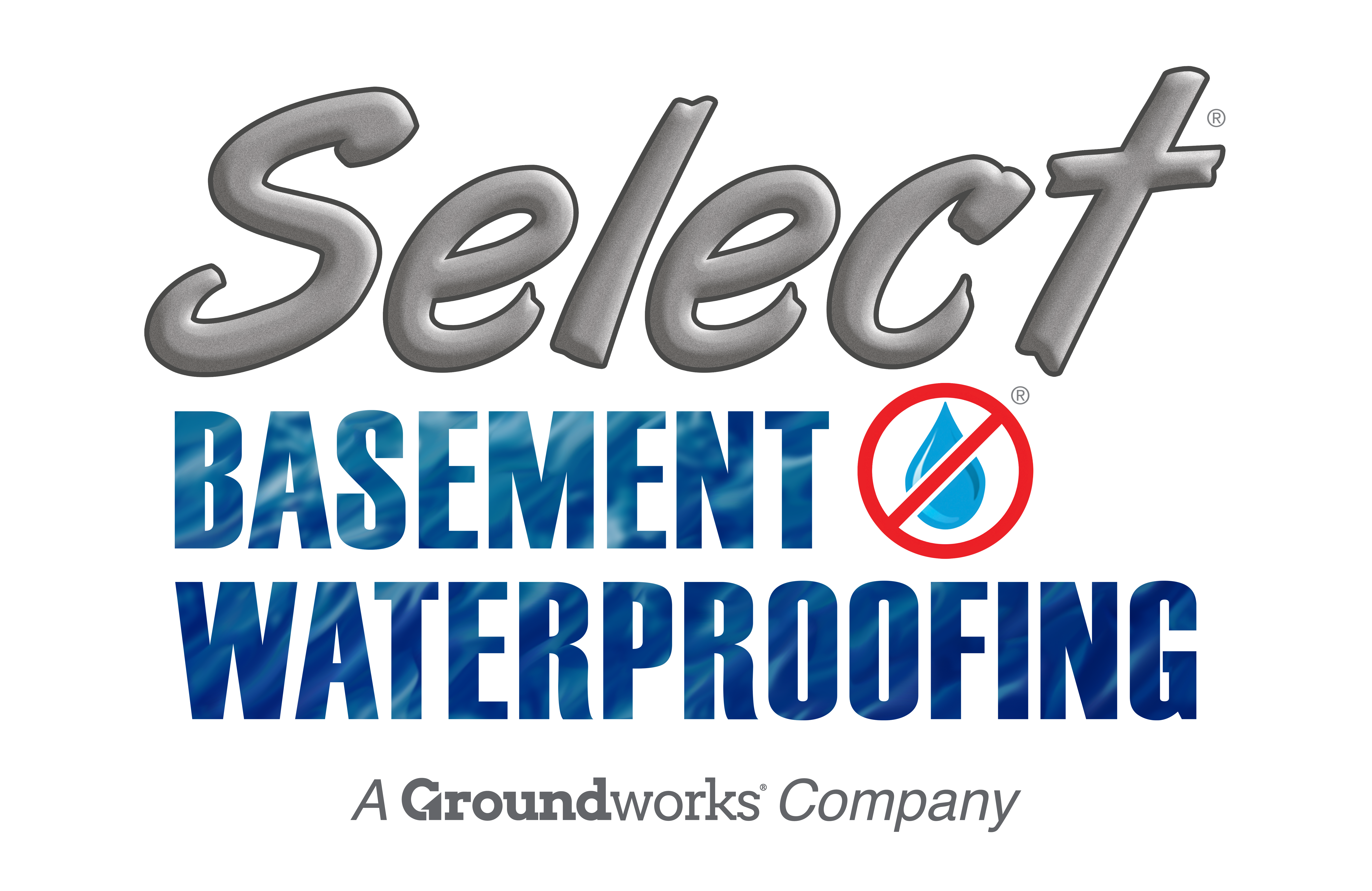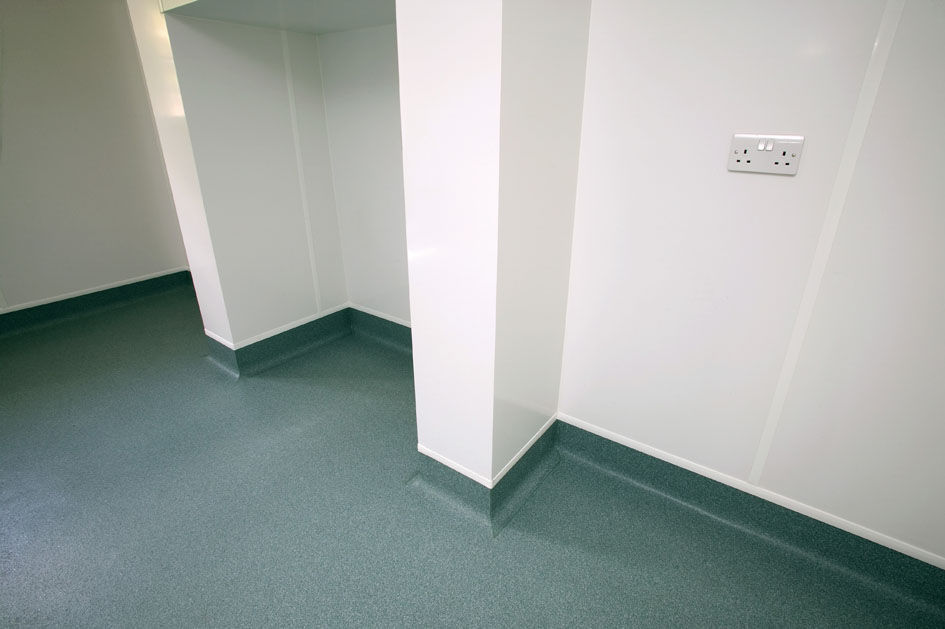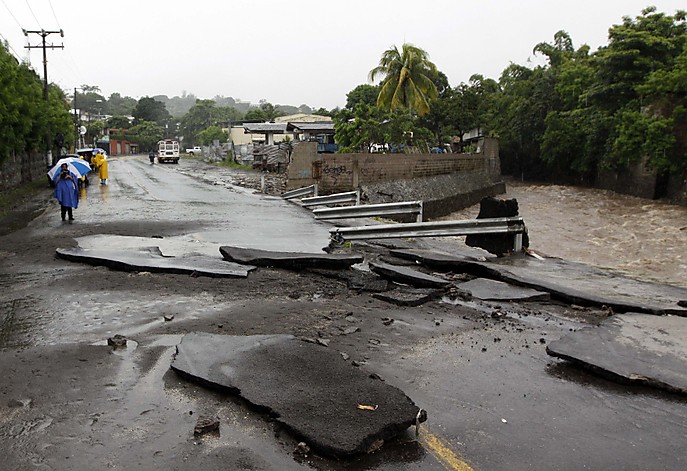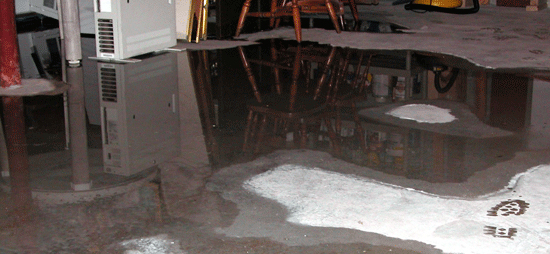Sump Pump
Your sump pump is a key component of the waterproofing system of your home. It prevents your basement from being flooded by rainwater or groundwater. Water that makes it into your basement collects in a well and is pumped out of the basement.
We’d all like our sump pumps to last forever. However, like any other appliance in the home, your sump pump requires regular maintenance. This will help it function properly for longer. Inspection is the first step to maintaining your pump.
How often should your pump be inspected?
Sump pumps come in a wide variety. Maintenance schedules for these pumps vary depending on the requirements of the manufacturer as well as the amount of work the pump does. However, it is recommended that your carry out maintenance of your pump in accordance with the schedules below depending on your situation:
- Monthly
If your pump is active more often e.g. sump pumps that also have to dispose of water from washing machines and other household appliances, monthly maintenance is required. Monthly cleaning of the inlet and pump screen is highly recommended in these situations.
- Quarterly
If your pump only disposes of ground water and rain water, maintenance can be done quarterly. This should also include inspection and cleaning of the pump screen as well as the inlet.
Inspecting Sump Pumps Like Pro
There are several things that professional inspectors look for when they check on pumps at annual inspections. These include the following:
- Alarms
It is important to purchase a pump with an alarm. This will ensure that you’re alerted in case of a problem. If your pump has an alarm system, it is the first thing that you should inspect. Test the alarm to ensure that it functions properly.
- Check valves
These valves help to prevent water that is being pumped out from flowing back down through the discharge pipe. It is important to ensure that the valve is working properly to prevent your basement from flooding.
- Pit
The pit in which the pump sits is also inspected. Professionals inspect these pits to ensure that they are large enough. They also inspect them for siltation and signs of underpinning. This helps to ensure the integrity of your foundation.
- Backup system
It is important to have a backup system. This kicks in when the primary pump malfunctions. Ensure that this system is working just as efficiently as the primary system.
Contact us today for more information!




